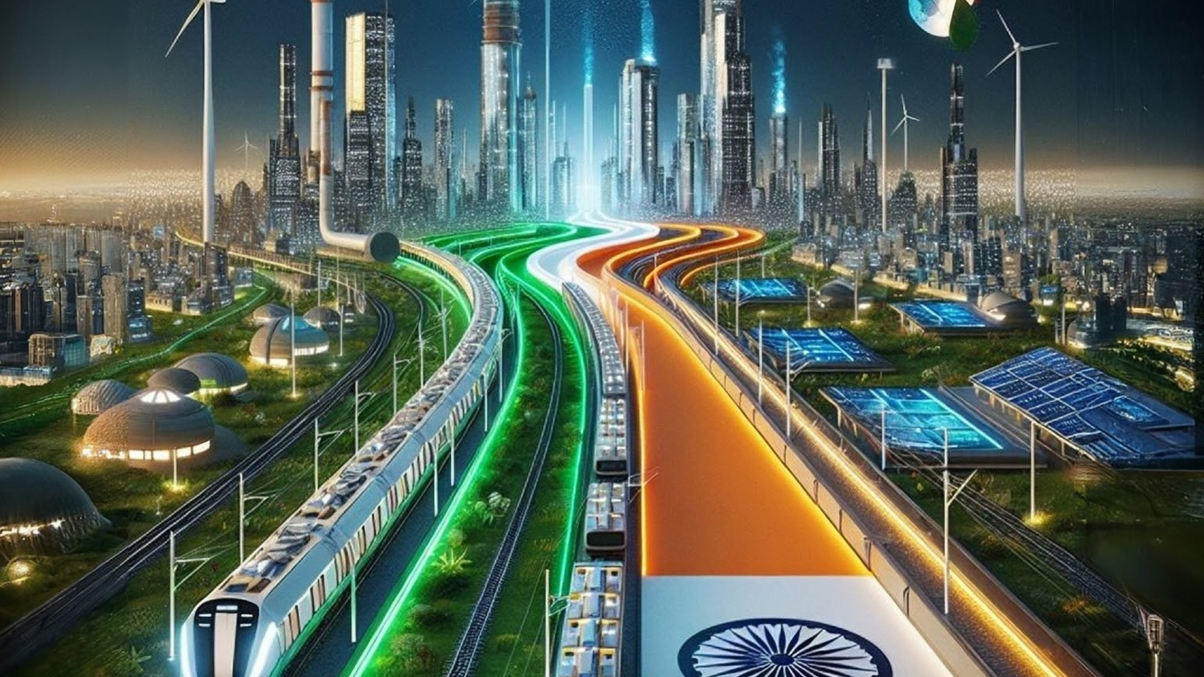India ‘in strong position’ to close climate finance gap on China
A new report also says that advanced economies’ dominance of financial flows and development aid is waning, underlining the need for better international cooperation and more private investment.

With Western countries’ international standing declining in the developing world, China is capitalising on its dominance of the renewable energy supply chain and strengthening ties with emerging markets on climate finance.
Sign in to read on!
Registered users get 2 free articles in 30 days.
Subscribers have full unlimited access to AsianInvestor
Not signed up? New users get 2 free articles per month, plus a 7-day unlimited free trial.
¬ Haymarket Media Limited. All rights reserved.


